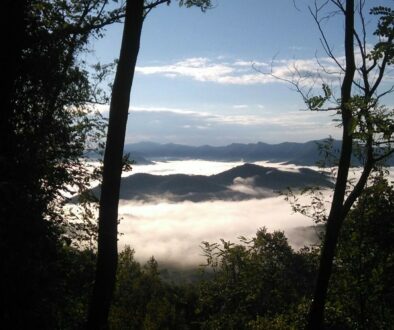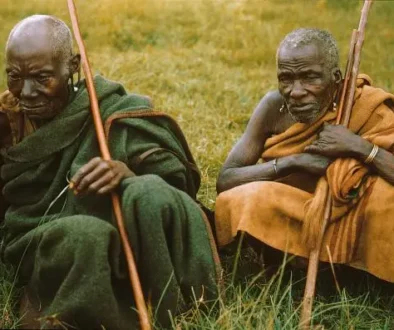Whanganui River Agreement: Indigenous Rights and Rights of Nature
Hsiao, Elaine C.2012
Environmental law has long sought to protect the interests of nature and all of its elements. Sometimes this has been framed as beneficial to human health and well-being. Sometimes it has involved commodification of natural resources or systems in the form of market mechanisms. Rarely has it involved a recognition of an aspect of nature as a living entity with rights of its own equivalent to human rights. This is what a recent agreement between the Maori of the Whanganui River and the government of New Zealand pledged to do on August 30th, 2012.
This essay recounts a history behind the agreement of indigenous struggle for environmental sovereignty amounting to the longest standing legal battle in New Zealand. Then it highlights accomplishments of that agreement, namely recognition of the Whanganui River in its entirety as a living being and legal entity. It also recognizes that these achievements without the enduring indigenous struggle by Maori tribes in New Zealand to maintain control of their lands and rights, of a peoples representing the rights of nature, and of a continual process to decolonize both nature and peoples.
Reference
Hsiao, Elaine C. “Whanganui River Agreement: Indigenous Rights and Rights of Nature”. Environmental Policy and Law. Vol. 42 (2012), nº. 6, p. 371-375.




